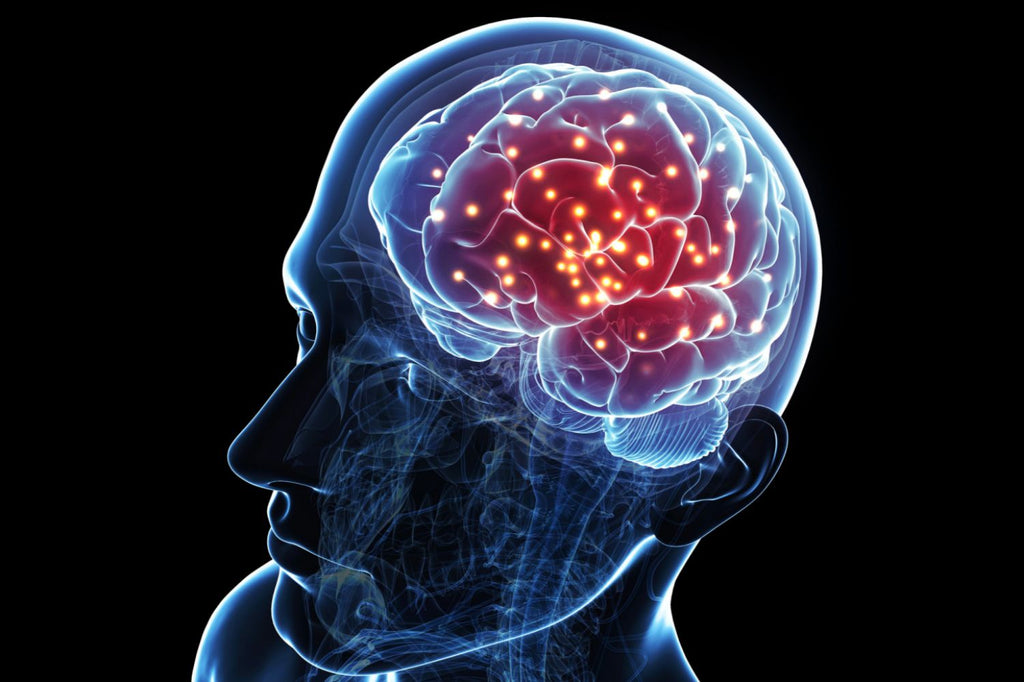I only knew my paternal Grandmother after her stroke. She was a slightly scary creature for me as a child, with one lame leg and a dysfunctional hand that curled in on itself. She had regained her brain function (as far as I know) so the only lingering aftermath of her stroke was that one side of her body no longer worked.
She smoked. Constantly. Lighting one cigarette with the next. Her ashtray stood on a stand next to her favorite chair, it too was a piece of furniture, it's surface area was that of a pizza pan. I don't remember how old I was when I realized that smoking was most likely the cause of her stroke.
Luke Perry's death reminds us that it is not always the smoking older person who (sadly) has a stroke. Kara Swisher, editor at large for Recode, writes about her stroke in the New York Times Opinion section. She was lucky to have listened to the urging of her doctor brother to get to the hospital immediately when she described her symptoms.
" I was only 49 years old, I was healthy and had none of the conditions like high blood pressure that might predict a stroke. I’d assumed that what was happening to me was just another of my many migraines, made only slightly weirder by a slight tingle on the side of my mouth and hand, as well as very temporary dysphasia, which made my words garbled."
The symptoms most of us have been taught: are represented by the acronym FAST. Facial drooping, Arm weakness, Speech difficulty and Time to call 911. These are essential things to know, but not all strokes present this way.
I had a friend who had an ischemic stroke, and the only symptom was a sudden dramatic loss of short term memory. Other symptoms can be sudden onset of confusion; weakness or numbness in the face, arm or leg; vision loss, difficulty walking or speaking or a severe headache.
The single most important thing to remember is that time is of the essence if you suspect someone is having a stroke. The Mayo Clinic website states
"Therapy with clot-busting drugs must start within 4.5 hours if they are given into the vein — and the sooner, the better."
As Kara Swisher writes when it comes to strokes, "time is critical. You have to get the blood flowing back to the part of the brain that is not getting it." Her doctor told her, that her brother's insistence that she get to the hospital immediately saved not only her life but her "abilities".
It would have been a great gift to my Grandmother and our family had we known to move FAST.


